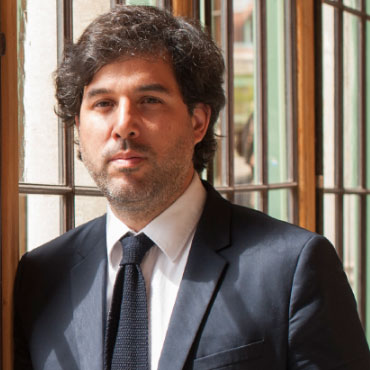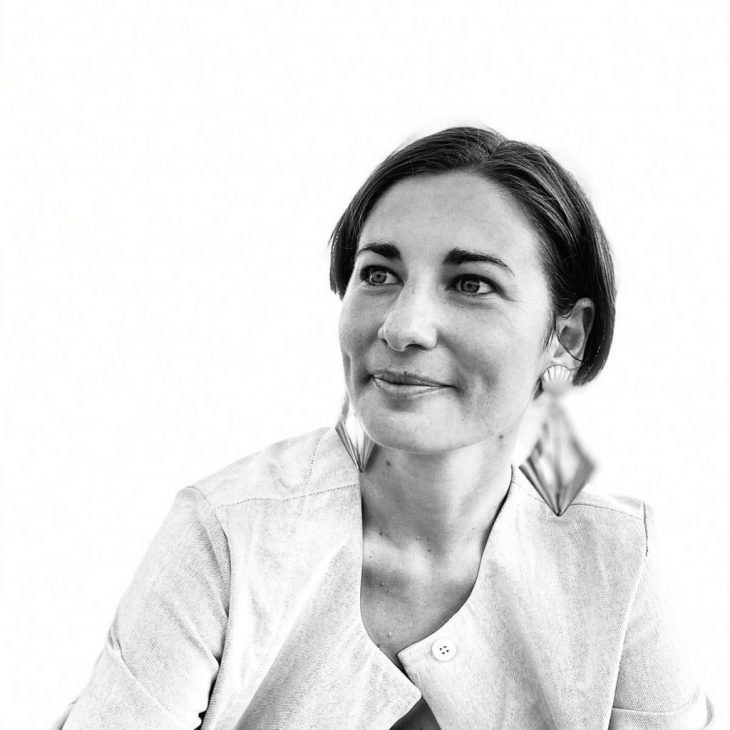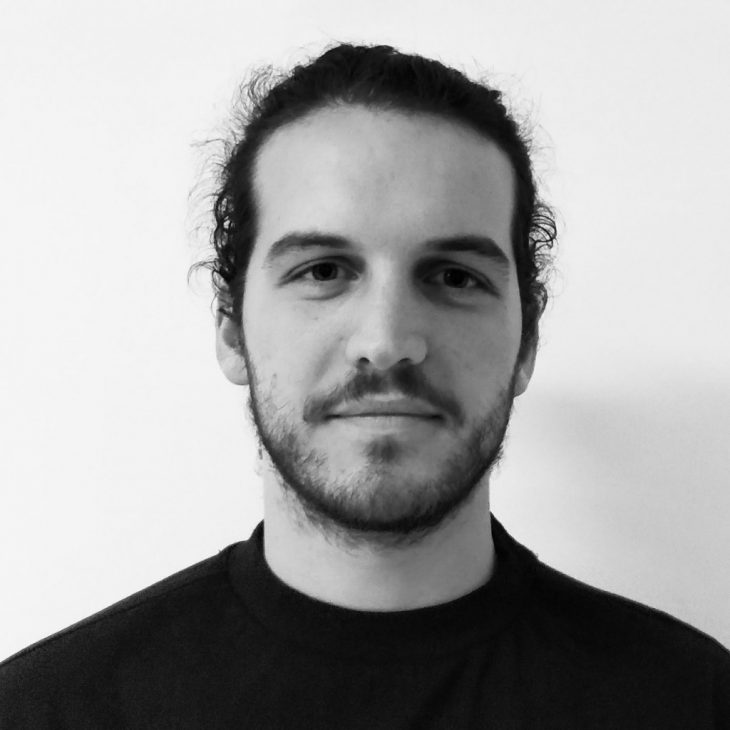Master in City & Technology Second Year 2020/22
Thesis Studio: Advanced Urban Design Thesis Studio
Thesis Advisors: Gonzalo Delacámara & Mathilde Marengo
Thesis Advisors Assistant: Iacopo Neri
Context
The massive generation of urban data allows for more optimized, self-sufficient and responsive urban designs that follow the needs of both environments and users. When urban design adapts to the environment it trespasses its artificial rigidity, becoming a living organism, able to breathe, filter, grow and be in resonance with users. The synthetic ecology created, uses both artificial and human intelligence in order to operate and thrive.
Within this context, a new paradigm arises for the design of the future urban environment which redefines the form and performance of buildings and public spaces. It leads us to question the ways in which the production of resources can be integrated into new urban landscapes and the ways in which temporal dynamics will affect the creation of masterplans in the future.
The framework of this studio line seeks to investigate how big data and urban analytics can provide a new base for the advancement of urban design by investigating the way that neighborhoods, public spaces, infrastructure, and masterplans are currently being generated. The projects developed within this theme will focus on creating design proposals for the urban environment, by looking into big data, nature-based solutions, urban densification, new infrastructure as well as territories and landscapes.
Thesis Advisors

Gonzalo Delacámara. Spanish economist who works worldwide (in 80+ countries: the EU, Latin America and the Caribbean, the Middle East and North Africa, Asia), specialized in the economic management of natural resources: water, climate, energy, air pollution, oceans, biological diversity and ecosystem services, etc., with emphasis on their complex links with economic and social development. He is a Senior Research Fellow and Head of the Department of Water Economics at IMDEA Water Institute (Institute for Advanced Studies in Madrid). He is also the Academic Director of the Water Economics Forum, a public debate initiative with Nobel Prize Laureates in Economics and Peace, such as professors George A. Akerlof, Jean Tirole and Mohan Munasinghe. Gonzalo works for multilateral organizations such as the European Commission, to which he is ‘water policy advisor’ (through its DG Environment, Clean Water Unit), the European Parliament (which he also advises on climate change policy ), various agencies and programs of the United Nations system (UN Water, ECLAC, UNESCO, FAO, WHO-PAHO, UNDP, etc.), the World Bank Group (including its 2030 Water Resources Group initiative, but also the World Bank itself or the International Finance Corporation, IFC) or the Inter-American Development Bank (IDB). He is also a senior advisor and member of the OECD Water Governance Initiative. Recently, he was also appointed as Ambassador of Water Europe (formerly Water Supply and Sanitation Technology Platform), member of the Scientific Advisory Board of the Dutch KWR Institute on the integral water cycle, member of the Special Advisory Board of the International Desalination Association (IDA) and member of the Mission Assembly of the framework program of RTD and innovation of the European Union (Horizon Europe). He is also a mentor in international programs to support female researchers. He is also an author of numerous books and scientific peer reviewed articles, as well as keynote speaker at global events.

Mathilde Marengo
Mathilde Marengo is an Australian – French – Italian Architect, with a PhD in Urbanism, whose research focuses on the Contemporary Urban Phenomenon, its integration with technology, and its implications on the future of our planet. Within today’s critical environmental, social and economic framework, she investigates the responsibility of designers in answering these challenges through circular and metabolic design.
She is Head of Studies, Faculty and PhD Supervisor at the Institute for Advanced Architecture of Catalonia’s Advanced Architecture Group (AAG), an interdisciplinary research group investigating emerging technologies of information, interaction and manufacturing for the design and transformation of the cities, buildings and public spaces. Within this context, Mathilde researches, designs and experiments with innovative educational formats based on holistic, multi-disciplinary and multi-scalar design approaches, oriented towards materialization, within the AAG agenda of redefining the paradigm of design education in the Information and Experience Age.
Her investigation is also actuated through her role in several National and EU funded research projects, among these Innochain, Knowledge Alliance for Advanced Urbanism, BUILD Solutions, Active Public Space, Creative Food Cycles, and more. Her work has been published internationally, as well as exhibited, among others: Venice Biennale, Shenzhen Bi-City Biennale, Beijing Design Week, MAXXI Rome.

Iacopo Neri’s research lies at the intersection between architecture, computer science and urban planning. He holds a Master of Science in Architecture with Distinction at The Polytechnic University of Milan, and attended a Master in City and Technology at the Institute for Advanced Architecture of Catalonia (IaaC, Spain) after presenting a paper about Swarm Intelligences for crowd-based analysis during the Responsive Cities Symposium (2017, Barcelona). He has been involved as a teaching assistant since 2015 at the University of Florence, later, at The Polytechnic University of Milan, and finally at IAAC where he is currently part of the City and Technology computational research team. He also works as a computational designer at External Reference Architecture Bureau, Barcelona.
